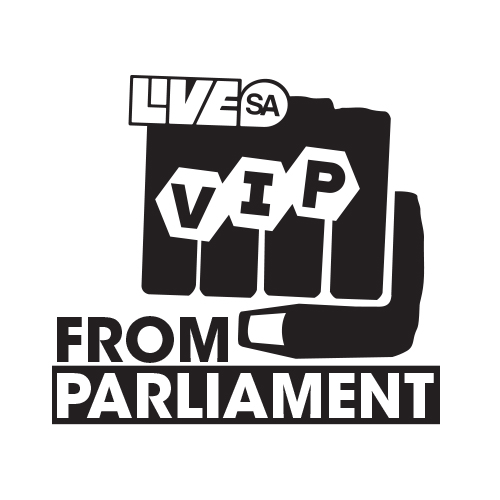By Rofhiwa Maneta
Corruption. From the controversy surrounding the expenses to his homestead in Nkandla to his alleged involvement in the arms deal, no one word has followed Jacob Zuma around since he began his first term as president in 2009 more than the inglorious c-word . With concern about government corruption steadily increasing—South Africa scoring 44 out of 100 in a recent survey measuring corruption in different countries—parliament has been at pains to highlight their measures to fight the epidemic. Toward the end of last year, the People’s Assembly released an infographic citing the Inter-Ministerial Committee on Information and Publicity’s progress in dealing with state corruption. According to the infographic, government’s Anti-Corruption Task Team planned to convict “more than 100 people by 2014 for corruption” while further recording 548 allegations of serious corruption. But how significant is any of this and has government continued their “effort to fight corruption” in 2015?
Government is fighting corruption
During his recent State of the Nation Address, the president mentioned that the Anti Corruption Inter Ministerial Committee is still going about its work and cited some of its successes in recent times. Among these, he mentioned the 31 public servants convicted of corruption while continuing to reassure the country that his cabinet was doing all it could to stop state corruption from becoming an epidemic.
“The fight against corruption continues to be taken forward by the Anti-Corruption Inter-Minesterial Committee,” said the president. “Government has in place seven anti-corruption institutions and 17 pieces of legislation which are intended to combat corruption. This demonstrates a concerted effort by government to break the back of this scourge in the country,” he added. Zuma concluded his section on corruption by mentioning legislation he has put in place to restrict public servants from finding themselves in situations that could bring about a conflict of interest:
To prevent corruption and promote ethical governance, in December I signed into law the Public Administration and Management Act which amongst others prohibits public servants from doing business with the State, he concluded.
But there’s also some bad news
Unfortunately, this doesn’t tell the entire story. Non profit organization, Corruption Watch (a civil society group founded in 2012 “that gathers, analyses and shares information on corruption in South Africa”) argued that President Zuma’s speech didn’t really address corruption as much as it did in previous years. In particular, they mentioned that anti corruption units (such as the the SIU and the Hawks), who are usually singled out for their work, were only given a passing mention in this year’s address.
“The Hawks, the Special Investigating Unit (SIU), Asset Forfeiture Unit and the Anti-Corruption Task Team – which have in the past been singled out by name for their achievements in their respective mandates – did not feature in the speech. Instead Zuma made an vague reference to the work of the anti-corruption inter-ministerial committee, a grouping of ministers in the crime and justice portfolios who are tasked with developing anti-corruption strategies for government,” they said through a statement. The civil society group would later go on to add that most of some of these anti corruption groups are also currently facing serious challenges (the SIU is without a permanent head and Hawks boss Anwar Dramat was only recently cleared after being suspended for the “illegal rendition of Zimbabweans”.
Throwing stones in glass houses
As good as the president’s efforts may be, there’ll always be just short of perfect until he addresses the matter of his own corruption charges. It absolutely defies all logic for him to grandstand and boast about government’s fight against corruption while he continues to pussyfoot around questions of his homestead. So before the president points the finger at other public servants, it would do him well to remember the he—the highest public servant in the country—has his own rot to attend to.

Live from Parliament casts a youth lens on parliament and government, covering committees, policy-making, MPs and the sitting of actual Parliament. Our team of youth journalists will be reporting Live from Parliament every week in partnership with the People’s Assembly and Indigo Trust. The People’s Assembly connects people and their elected representatives. To stay in touch with your local MP, visit www.pa.org.za, follow them on Twitter @PeoplesAssem_SA or Facebook/PeoplesAssemblySA.


Comments
Keep comments free of racism, sexism, homophobia and abusive language. People's Assembly reserves the right to delete and edit comments
(For newest comments first please choose 'Newest' from the 'Sort by' dropdown below.)